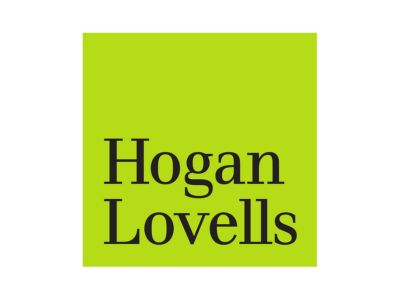Last month, the Supreme Court hearing in the Emotional Perception case took place. Emotional Perception AI Limited (EPL)’s invention was an improved system for providing media file recommendations (such as music) using a trained artificial neural network (ANN), where recommendations are made based on human emotions rather than the usual genre classifications (classical, rock, etc).
Two key questions arose in this case – whether ANNs fall under the exclusion from patentability for computer programs’ as such’ (s.1(2)(c) Patents Act (PA) 1977), and if so, whether this invention nonetheless made a technical contribution as required under the UK’s Aerotel test for the exclusions from patentability.
At first instance (21 November 2023), Mr Justice Mann found that ANNs were not excluded and, in any case, this invention made a technical contribution. This was reversed by the Court of Appeal (19 July 2024), finding that the computer program exclusion was engaged when considering ANNs, and that there was no technical contribution because the beneficial effect of providing a “better” file recommendation was not technical but subjective and cognitive in nature.
Arguments before the Supreme Court
EPL appealed raised four questions before the Supreme Court (heard on 21 and 22 July 2025):
The ‘any hardware’ approach of the EPO vs. the UK’s Aerotel test
EPL asked the Supreme Court to depart from the UK’s current Aerotel test, and instead to align UK law with the EPO’s ‘any hardware‘ approach, which had become established EPO jurisprudence following the post-Aerotel decision of the EPO Enlarged Board of Appeal in G1/19.
In response, the Comptroller (of the UK Intellectual Property Office) emphasised that there are no parallel cases where the outcome from the UK or EPO tests was different, and so no need for the UK to alter its approach to harmonise with the EPO. It also argued that adopting the EPO’s approach would introduce the EPO’s problem/solution approach to inventive step into the exclusions test, which would have major implications for UK patent law more broadly, and be contrary to a prior Supreme Court decision on inventive step (Actavis v. ICOS).
Whether an ANN is a computer program
EPL argued that the Court of Appeal’s characterisations of a computer as “a machine which processes information“ and of a computer program as “a set of instructions for a computer to do something“ were too broad. EPL said that ANNs are distinct from traditional computers and computer programs because ANNs operate through “weights and biases“ derived from training data, which are descriptors of the ANN’s internal components, and are not instructions directing a computer’s operations like conventional computer code.
The Comptroller argued that the Court of Appeal’s interpretation of computer program was adequate and did not broaden the scope of the exclusion. It pointed to the fact that analogue computers and early AI machines already existed at the time the PA 1977 and the exclusions were drafted.
Technical contribution
EPL argued that its invention’s sending of the recommendation message and data file to the user is a concrete technical contribution, and that the Court of Appeal was wrong to find otherwise.
No salami-slicing
EPL argued that the invention of the claim needs to be taken as a whole, including the interaction between non-technical features and the rest of the claim. Consequently, its invention should be characterised as a system for improved file recommendations as a whole, which is implemented using an ANN, and so is not a computer program ‘as such.’
Commentary
Given the current proliferation of AI, the question of whether AI-implemented inventions, such as ANNs, are patentable is of great significance and may impact the direction and pace of AI development. Many AI inventions will provide a technical contribution and be patentable in any case, but – as this example demonstrates – some will not if the patentability exclusions serve to exclude aspects of the invention from consideration when assessing patentability.
The Supreme Court’s decision, if it were to depart from the Aerotel test in favour of the EPO’s approach, could also have wider ramifications for how excluded subject matter is treated under UK patent law generally, and possibly even for other areas of UK patent law, such as the approach to inventive step.
AI developers and the UK patents community will await the Supreme Court’s decision with interest.

Written by Katie McConnell
Partner, Hogan Lovells

Written by Josh Stickland
Associate, Hogan Lovells
You may also like…
Bike safety and kitchen elegance win big at the DesignEuropa Awards 2025
COPENHAGEN — Today, the design community recognized two exceptional creations and two notable designers in the sixth...
Pharmacyclics LLC v. Deputy Controller of Patents: the evolving landscape of divisional applications in India
The Calcutta High Court's recent judgment in Pharmacyclics LLC v. Deputy Controller of Patents marks a pivotal moment...
Beyond stability and mixtures: patent law challenges for biologics in India
A patent application filed for a formulation or composition typically involves at least one active pharmaceutical...
Contact us to write for out Newsletter













